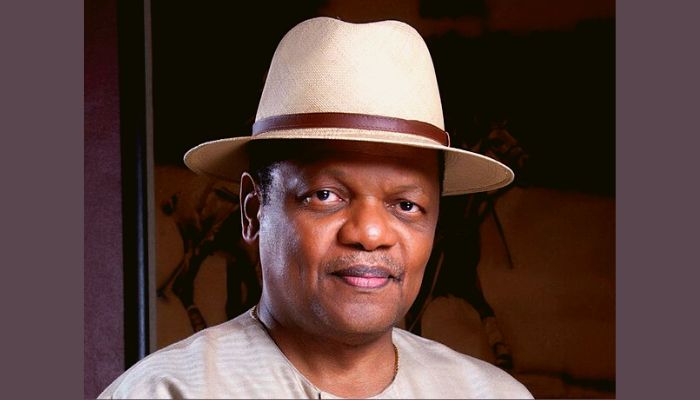Peterside blames corruption, state capture for Nigeria’s economic challenges
Atedo Peterside, the founder of Stanbic IBTC Bank, has blamed Nigeria’s persistent economic challenges on entrenched corruption and what he described as “state capture” by a few powerful individuals who manipulate public institutions for private gain.
Speaking at the 2025 Nigeria Economic Policy Forum held in Lagos over the weekend, Peterside said that Nigeria’s economy continues to underperform despite its vast human and natural resources because key sectors remain controlled by vested interests that resist reforms and transparency.
“The biggest problem confronting Nigeria is not a lack of ideas or policies,” he stated. “It is that the people benefiting from the current system of corruption and state capture do not want change. They are comfortable with inefficiency because it serves their narrow interests.”
He warned that without confronting this entrenched system, no economic policy—no matter how well designed—will yield sustainable results. According to him, state capture manifests when political and economic elites influence government decisions, regulatory agencies, and resource allocation for personal benefit, rather than the public good.
Peterside lamented that such capture has crippled Nigeria’s potential for growth, particularly in key sectors such as oil and gas, power, and infrastructure. He noted that while Nigeria has adopted numerous economic blueprints from Vision 2020 to the National Development Plan implementation has consistently been sabotaged by rent-seeking and corruption at the highest levels.
He also cited the recurring issue of fuel subsidy fraud and opaque public spending as examples of how corruption drains national resources and widens inequality. “We cannot continue to spend billions subsidizing inefficiency while the majority of our citizens live in poverty,” Peterside said. “The government must prioritize accountability and transparency as the foundation of economic recovery.”
The economist called on President Bola Tinubu’s administration to show political courage by dismantling monopolies and enforcing institutional independence, especially in anti-corruption agencies, the judiciary, and public procurement processes. He stressed that rebuilding public trust requires not just punishing offenders, but also ensuring systems that prevent corruption from re-emerging.
“Institutions must be stronger than individuals,” he said. “Until the rules of engagement are clear and enforced, investors both local and foreign will continue to see Nigeria as high-risk territory.”
Peterside further argued that the country’s fiscal and monetary challenges ranging from inflation and exchange rate instability to declining foreign investment are symptoms of deeper governance failures. He emphasized that Nigeria must focus on merit-based leadership, decentralization, and economic diversification to break free from its cycle of dependency and inefficiency.
In his closing remarks, Peterside urged citizens to take an active role in demanding accountability from public officials, warning that silence and complacency enable corruption to thrive. “The real power lies with the people,” he said. “If Nigerians insist on transparency, fairness, and merit, the system will have no choice but to adjust.”
Economists and policy analysts at the event echoed his views, noting that the fight against corruption must go beyond rhetoric to concrete institutional reforms. Many agreed that restoring investor confidence and driving inclusive growth will remain impossible unless Nigeria decisively tackles the twin evils of corruption and state capture.

